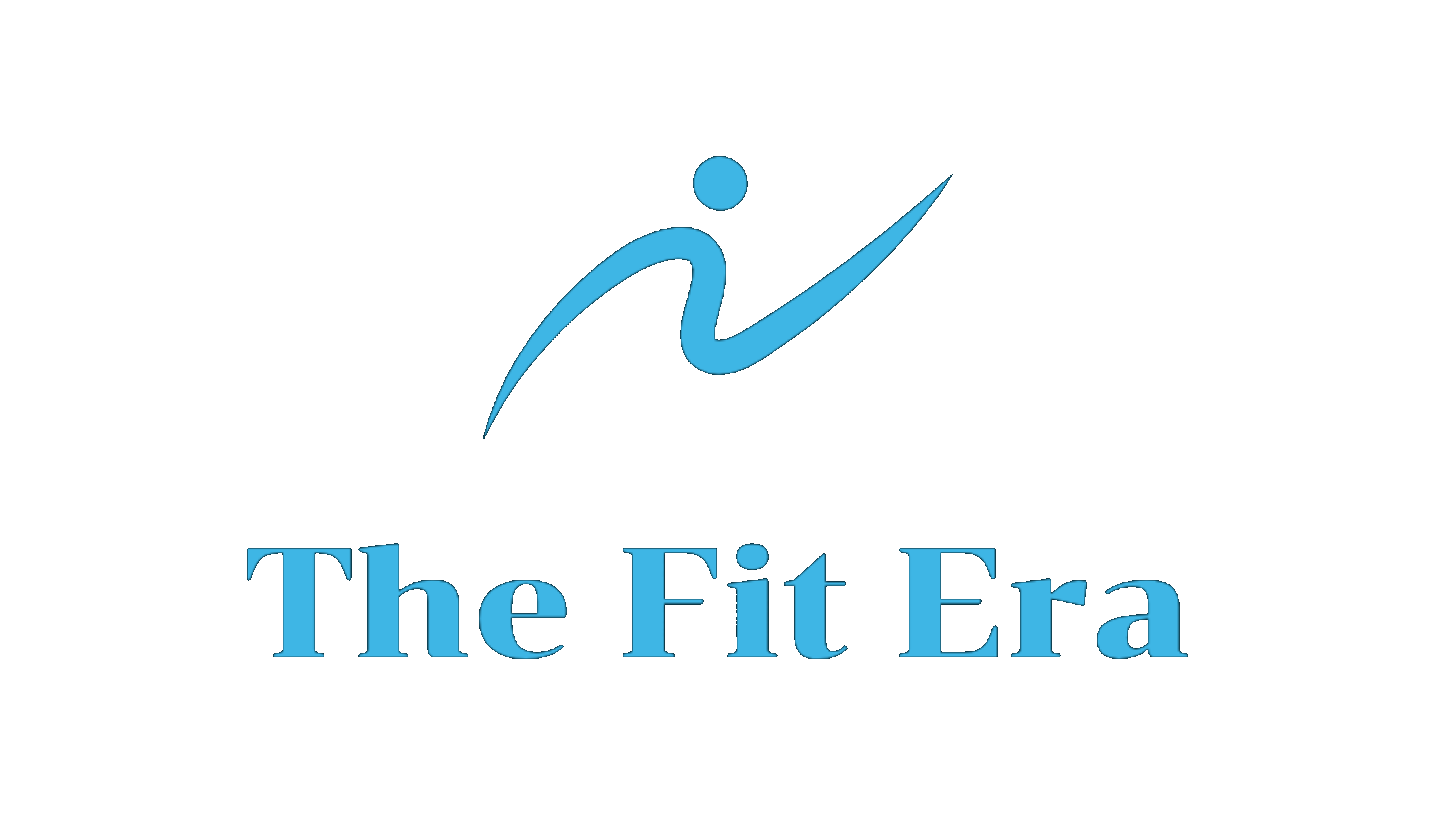
Basketball Diet Plan: Fuel Your Game With the Best Nutrition for Peak Performence
Basketball is a fast-paced, high-energy sport that demands quick sprints, powerful jumps, and sustained endurance over four quarters. While consistent practice and strength training are crucial, diet is often the missing piece that can elevate your game to the next level. This guide will walk you through the best diet for basketball players—from the essential nutrients you need, to practical meal-timing strategies, and a sample meal plan for optimal performance and muscle building.

Why Diet Matters in Basketball
Sustained Energy: Basketball involves short bursts of speed, rapid direction changes, and vertical leaps. Proper carbohydrates fuel these explosive movements.
Muscle Growth and Recovery: Lean protein helps repair muscle fibers broken down during intense practices and games.
Mental Focus: A balanced diet stabilizes blood sugar and prevents mid-game crashes, helping you stay sharp on the court.
Injury Prevention: Adequate vitamins, minerals, and healthy fats can reduce inflammation and support joint health.
Key Nutrients for Basketball Players
1. Carbohydrates for Sustained Energy
Role: Provide quick and long-lasting fuel for fast breaks, defensive slides, and repeated sprints.
Sources: Whole grains (brown rice, oats), starchy vegetables (sweet potatoes), fruits (bananas, apples), legumes (beans, lentils).
Daily Target: 5–8 grams of carbohydrates per kilogram of body weight, adjusting for training intensity.
2. Protein for Muscle Repair
Role: Builds and repairs muscle tissue after high-impact drills and jumping.
Sources: Lean meats (chicken, turkey), fish (salmon, tuna), dairy (Greek yogurt, low-fat milk), plant-based proteins (tofu, beans).
Daily Target: 1.2–2.0 grams of protein per kilogram of body weight, depending on your size and workout load.
3. Healthy Fats for Hormonal Balance
Role: Aid in hormone production (like testosterone) and vitamin absorption, which are vital for muscle recovery and performance.
Sources: Avocados, nuts (almonds, walnuts), seeds (chia, flax), olive oil, fatty fish (mackerel, salmon).
Daily Target: 20–30% of total daily calories from fats, focusing on unsaturated options.
4. Micronutrients and Fiber
Role: Support immune function, bone health, and efficient muscle contraction. Fiber also regulates digestion and blood sugar.
Sources: Colorful fruits and vegetables (spinach, peppers, berries), whole grains, nuts, seeds.
Daily Target: 25–35 grams of fiber per day, depending on body weight and gender.
Meal Timing and Structure
Breakfast (Within 1 Hour of Waking)
Why: Restores blood sugar and kick-starts your metabolism.
Focus: A balance of complex carbs, moderate protein, and healthy fats.
Example: Oatmeal with berries and a spoonful of almond butter, plus scrambled eggs or a protein shake.
Pre-Workout or Pre-Game (2–3 Hours Before)
Why: Fuel your muscles for high-intensity action.
Focus: Carbohydrate-rich meal with moderate protein.
Example: Chicken breast, brown rice, and steamed vegetables.
Post-Workout or Post-Game (Within 30–60 Minutes)
Why: Replenish glycogen stores and jump-start muscle repair.
Focus: Fast-digesting carbs and quality protein.
Example: A protein shake with a banana or Greek yogurt topped with fruit and honey.
Dinner or Evening Meal
Why: Supports overnight recovery and muscle growth.
Focus: Lean protein, complex carbs, healthy fats.
Example: Salmon, sweet potato, and roasted vegetables with a drizzle of olive oil.
Bedtime Snack (Optional)
Why: Helps maintain muscle protein synthesis if you have early morning training.
Example: Cottage cheese with pineapple or a small bowl of high-protein cereal and low-fat milk.
Sample Meal Plan for a Training Day
Below is a 2,800–3,200 calorie example. Adjust portion sizes based on your body composition goals and training schedule.
Morning (7:00 AM)
Breakfast:
Oatmeal (1 cup) with fresh berries and a tablespoon of nut butter
3 egg whites + 1 whole egg scrambled
1 cup of low-fat milk or orange juice
Mid-Morning Snack (10:00 AM)
Greek yogurt with honey
1 piece of fruit (banana or apple)
Lunch (12:30 PM)
Grilled chicken breast (6–8 oz)
1 cup brown rice
Mixed green salad with olive oil and vinegar
Pre-Workout Snack (3:00 PM)
Whole-grain wrap with turkey slices and avocado
A handful of grapes
Post-Workout (5:00 PM)
Protein shake (20–30 g protein)
1 banana or a small bowl of mixed berries
Dinner (7:00 PM)
Lean steak or salmon (6–8 oz)
Baked sweet potato
Steamed broccoli or zucchini
Evening Snack (9:30 PM)
Cottage cheese with pineapple chunks
Herbal tea
Hydration Essentials
Daily Intake: Aim for 2–3 liters of water per day.
Before Workout: 16–20 oz of water or a low-sugar sports drink, about 2 hours prior.
During Workout: 7–10 oz every 10–20 minutes.
After Workout: 16–24 oz per pound lost during exercise (weigh yourself before and after to gauge fluid loss).
Tip: For long practices or in hot conditions, consider an electrolyte-rich drink to replace sodium, potassium, and magnesium.

Additional Tips for Maximum Gains
Incorporate Strength Training: Focus on compound lifts (squats, deadlifts, bench press) to build explosive power and reduce injury risk.
Emphasize Recovery: Prioritize 7–9 hours of quality sleep, stretch or foam-roll after workouts, and schedule rest days.
Monitor Junk Food: Highly processed, sugary, or fatty foods can lead to energy crashes and hinder recovery. Enjoy them occasionally but focus on nutrient-dense meals.
Personalize: Everyone’s metabolism and training load differ. Track your weight, energy levels, and performance to fine-tune your diet.
Conclusion
Basketball demands explosive speed, endurance, and quick recovery—all of which hinge on a well-rounded diet. By prioritizing carbohydrates for energy, lean proteins for muscle repair, healthy fats for hormonal balance, and proper hydration, you’ll be primed to handle the rigors of intense practices and games. Whether you’re a guard needing agility or a forward battling in the paint, the right nutrition plan can be a game-changer.
Looking for more sports nutrition tips?
Check out resources from TheFitEra for additional guidance on training and meal planning.
Remember: Always tailor portion sizes and specific foods to your individual needs. Consult a sports nutritionist or registered dietitian for a personalized approach that aligns with your goals and body composition.
Stay consistent, stay fueled, and watch your on-court performance soar!
